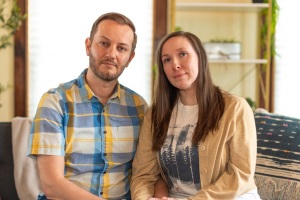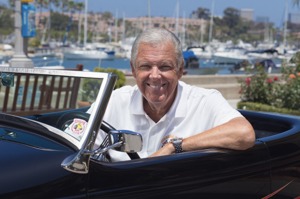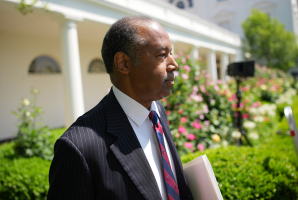Expert Claims Over-Praise Drives Bullying
Anti-bullying expert Paul Coughlin says serial bullies often have inordinate self-esteem and do not view themselves negatively as many presume. This evil, he stresses, must not be under-reacted to.
Coughlin, founder of The Protectors – an organization aimed at equipping children, parents, and school officials against the rising trend of bullying – said at a seminar at Saddleback Church in Lake Forest, Calif., on Saturday that violent young boys often have a personal sense of superiority and entitlement.
"We praise our kids a lot thinking they are just going to be wonderful people. And in reality we have created them monsters. They are over-praised; it has led to inordinate self-esteem. Self-esteem is a good thing; inordinate self-esteem is a bad thing … This over-praise leads to a fixed mindset where talent is genetic and you have it baby," Coughlin said at the half-day seminar titled "Justice Begins on the Playground."
The bullying expert stressed that people combating the problem of bullying often mistakenly put bullies in a self-esteem plan, but that is counterproductive.
Aggressive attack is risky, and people with low self-esteem tend to avoid risks, he argued. Playground bullies regard themselves as superior to other children. "People do bad things because they are full of themselves."
A serial bully, the expert said, believes that "the spotlight of life belongs to him or her … They have ownership of attention. When someone else gets the spotlight, they believe that it has been stolen from them… which answers the question how they can be so awful to another person… a very arrogant orientation towards life."
A bully, he added, wears a "sardonic smile" and takes pleasure from dominating and humiliating others.
Bullying, he said, is the No. 1 concern among parents and students. And targets of bullying are vulnerable to harming themselves or others. The U.S. Secret Service interviewed 37 school shooters and asked them why they did it and 85 percent said they did it because they were bullied, he pointed out.
Coughlin recently told The Christian Post that he personally knows the worthless feeling that often comes as the result of bullying because of his childhood experience of receiving abuse from within his own family. "I was bullied by a parent and a sibling so I know what it does to a person. I know what it's like to not want to wake up the next day and you are just so miserable and you've been so humiliated, so torn up, you think you are worthless," he said.
Humility, and not a higher self-esteem, is what a bully needs, he told the crowd at the church. "Vitamin A – apology" is important. Actual apology has four parts: acknowledge the offense, offer an explanation, express remorse, and offer reparation. What's missing in most "apologies" is acknowledgment of the offense, he said. "The hardest thing to get a bully to do is acknowledge the offense. You have to pin him into a corner."
"Bullying opposes your mission and your goal," he told leaders of value and faith-based groups. It creates an environment of fear that is antithetical to the missions of value-based and faith-based groups, he said.
A predominantly missing piece in the "theater of bullying" is courage training, Coughlin said. "When our kids learn how to face fear and know they are not going to die, they become larger in stature, they grow in strength, they grow in leadership." Most students know bullying is wrong, and they feel empathy, but it doesn't lead to action, he said.
"Bullying needs a context in which to grow and thrive; it requires that people play roles and they don't abandon them." Intervention and hope is what targets of bullying need.
Coughlin emphasized that bystanders are part of the theater of bullying. They are one of the four characters, apart from the bully, the authority and the target. A bystander doesn't need to be strong or popular to help, he said. And courage, he added, is not absence of fear but acting in spite of fear.
Bullying is often misunderstood and is a growing form of abuse that is not the result of conflict or related issues, states Coughlin on his website. "It's the use of superior power to intentionally harm another over a period of time, and the result is heartbreaking."
People must not under-react to the theater of bullying, Coughlin told the audience. If your sorrow doesn't move you to action, it's just about you, the bullying expert said. We need people with "courage, character and conviction to act upon their God-given compassion."



























